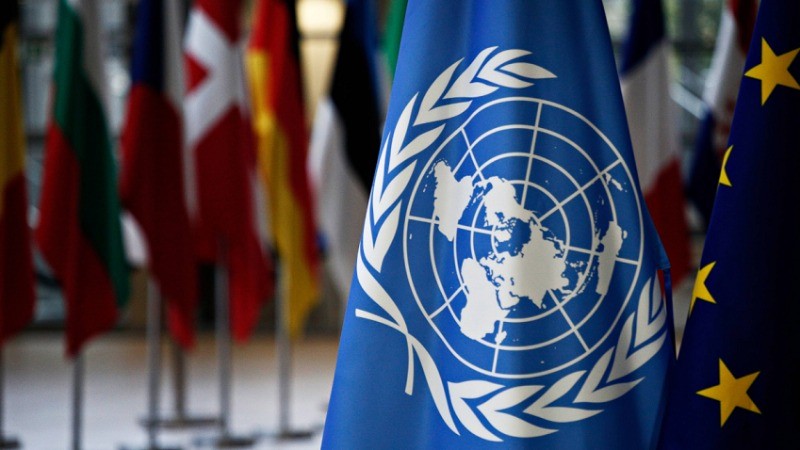
On Thursday, September 19, the United Nations advisory body focused on artificial intelligence released its final report, outlining seven key recommendations to tackle the risks and governance issues associated with AI.
The UN established this 39-member advisory body last year to address the challenges in international AI governance. The recommendations from this report are set to be discussed at a UN summit scheduled for September.
One of the primary suggestions is to create a panel dedicated to providing impartial and reliable scientific insights on AI. This panel would help bridge the gap between AI laboratories and the general public, addressing information asymmetries.
Since the launch of ChatGPT by Microsoft-backed OpenAI in 2022, AI's rapid proliferation has raised concerns about misinformation, fake news, and copyright violations.
Currently, only a few countries have enacted laws to regulate AI tools. The European Union has taken a leading role by passing a comprehensive AI Act, while the United States has adopted a more voluntary approach. In contrast, China has focused on maintaining social stability and state control.
On September 10, approximately 60 countries, including the United States, endorsed a non-binding "blueprint for action" aimed at governing the responsible use of AI in military contexts. China did not support this document.
The UN report highlights the risk of AI technology being controlled by a few multinational companies, potentially imposing decisions on individuals without their input. To address this, the report proposes a new policy dialogue on AI governance, the creation of an AI standards exchange, and the establishment of a global AI capacity development network to enhance governance abilities.
Additionally, the report recommends setting up a global AI fund to address capacity and collaboration gaps and advocates for the development of a global AI data framework to ensure transparency and accountability.
Lastly, the UN suggests the creation of a small AI office to oversee and coordinate the implementation of these proposals.
YouTube Elevates Shorts with DeepMind’s Veo AI: New Features Unveiled
UK Telecom Reveals World Faces 2,000 Cyberattacks Every Second
Satellite-Based Toll Collection System Set to Transform Highway Travel with Phased Rollout